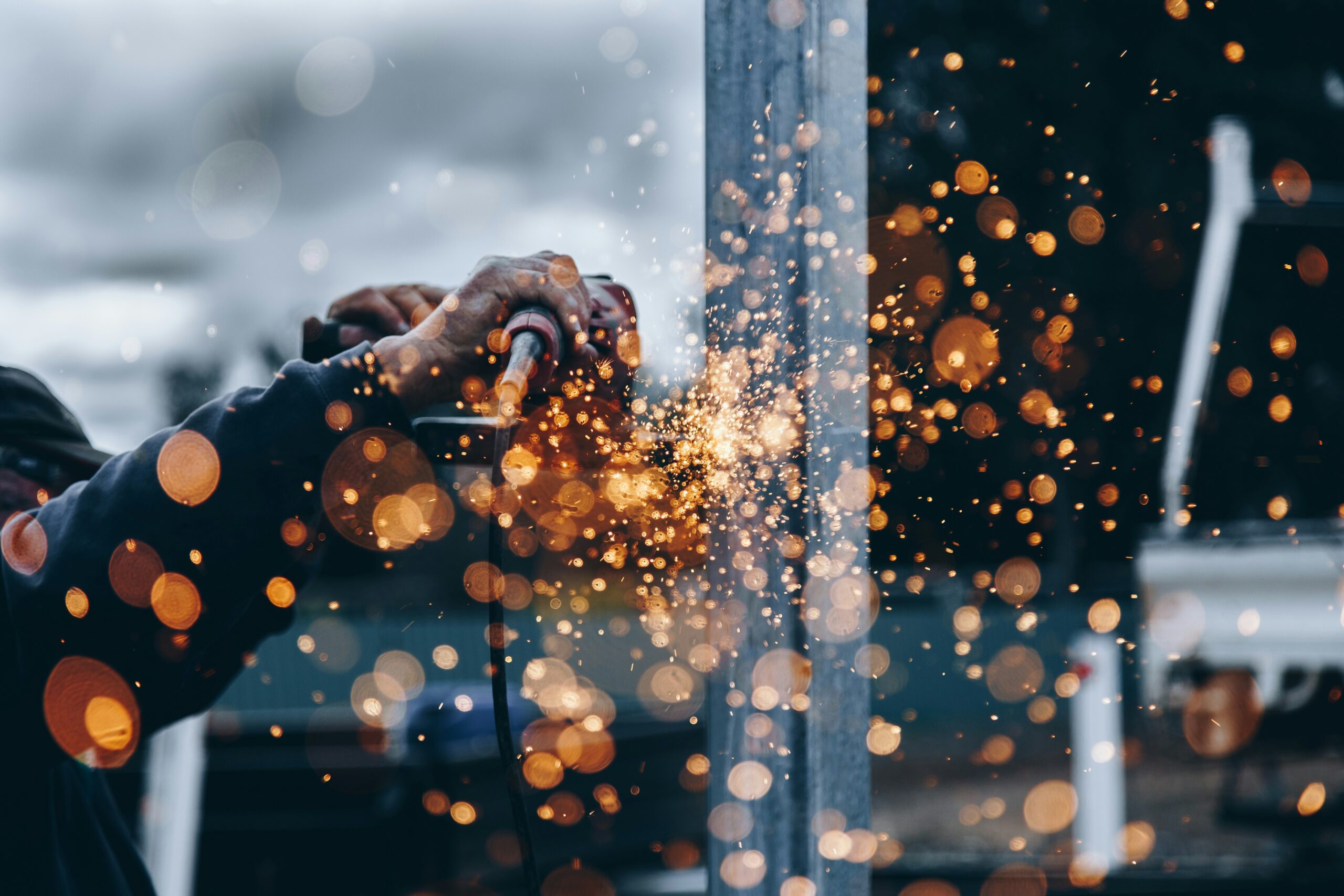
As 2024 unfolds, we continue to witness the transformative impact of artificial intelligence (AI), the Internet of Things (IoT), and advanced robotics on industrial technology. The manufacturing sector is in the midst of an evolution, transitioning towards the widespread adoption of automated smart technologies and interconnected IoT systems. Factories and manufacturing centres are no longer merely optimising processes to maximise efficiency; instead, they are adopting systems that are hyper-efficient, self-learning, and capable of seamless communication with each other. This shift underscores the importance of building intelligent ecosystems that not only deliver immediate productivity gains but also adapt and improve over time.
An example of hardware manufacturers reaping the benefits is the global demand for sensors. Industry forecasts suggest that the global sensor market is set to double in the next decade. This growth is fuelled by macro trends such as advancements in mobility, AI, 6G connectivity, and the proliferation of connected devices. Sensors have become the backbone of this interconnected landscape, underpinning applications in smart manufacturing, autonomous vehicles, and next-generation communication networks.
Opportunities for Hardware Manufacturers
As the appetite for AI capabilities continues to rise, so does the need for robust data storage and security solutions. This has led to a global surge in the construction of data centres, presenting a wealth of opportunities for hardware manufacturers. Companies specialising in advanced sensors, cables, and battery technologies are finding themselves at the forefront of building the infrastructure required to support this burgeoning ecosystem.
Commercial candidates with strong networks in this space have been in high demand throughout 2024. Leveraging connections with end-users and C-suite executives at leading organisations has proven to be a key differentiator in this dynamic and competitive market.
Moreover, solution selling has gained significant importance. The traditional approach of selling off-the-shelf products is giving way to tailored, plug-and-play solutions that meet customers’ specific needs. This shift demands commercial professionals with a solid engineering background who can bridge the gap between customer requirements and product development. These individuals bring the voice of the customer into the organisation, ensuring that companies are not only meeting current market demands but are also strategically positioned for future growth.
Sustainability and the Battery Market
Sustainability remains a critical focus across the industrial landscape. However, the battery manufacturing sector, particularly within Europe’s electric vehicle (EV) segment, faces a challenging road ahead. Intense pricing competition, subdued consumer demand, and a lack of supporting infrastructure have created tough market dynamics.
Yet, growth is evident in other areas, such as motive power applications where barriers to electrification are comparatively lower. Similarly, battery energy storage systems (BESS) for commercial, industrial, and utility-scale customers are experiencing robust demand. These systems play a crucial role in enabling energy cost savings through peak shaving and supporting the transition to a more sustainable energy future.
With data centres emerging globally, battery manufacturers focused on uninterruptible power supply (UPS) and critical power solutions are seizing new opportunities. As Martin Luther King Jr. aptly said, “If you can’t fly, then run, if you can’t run, then walk, if you can’t walk, then crawl, but whatever you do, you have to keep moving forward.” For businesses in this sector, the emphasis must be on agility—the ability to pivot swiftly to high-growth markets as industry conditions evolve.
The Importance of Agility and Technical Expertise
The current climate underscores the necessity for companies to remain agile. Success hinges on having the right people in place—individuals with strong technical expertise who can guide customers through the complexities of advanced technologies. These professionals not only understand the technical intricacies of their products but also possess the ability to educate and inspire confidence in their customers.
Looking Ahead to 2025
At Morgan Latif, we are excited about the opportunities that 2025 holds. We remain committed to supporting our clients and customers in shaping their teams for success. By leveraging our expertise and network, we aim to help businesses navigate the challenges of a rapidly evolving market and seize the opportunities that lie ahead.
If you have recruitment requirements or are looking to strengthen your team with top talent, get in touch with us today. Together, we can build the foundation for sustained growth and innovation in this exciting new era of industrial technology.
If you would like to discuss more, please contact @jackcowan



